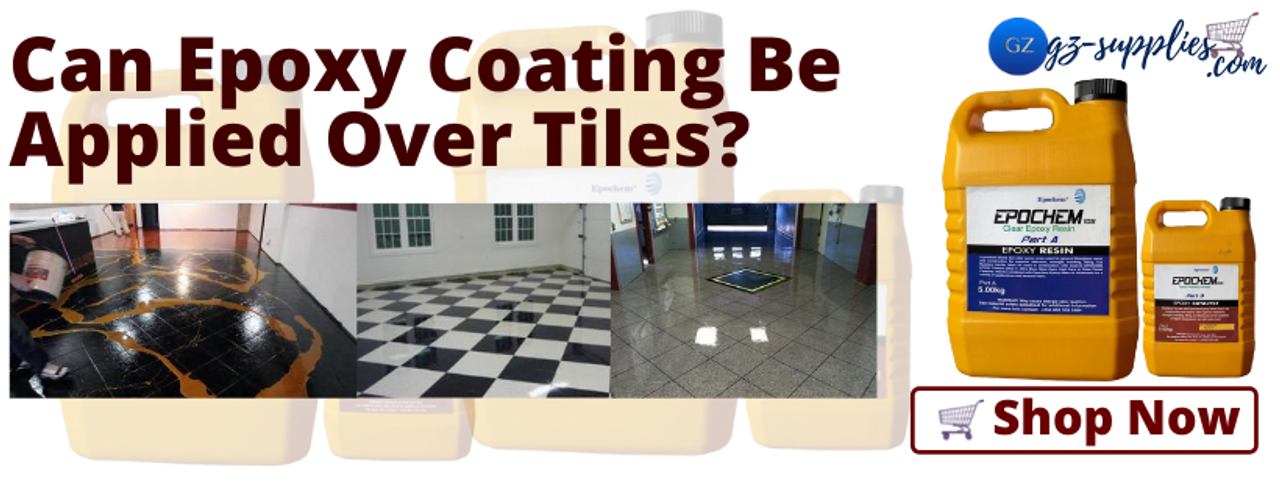Epoxy flooring solutions
Epoxy coatings are made up of part epoxy resins and part hardeners. These are miscible substances used to create the epoxy flooring and coating systems. When epoxy resins are broken down, they are made up of prepolymers and polymers. Epoxy resins can also be called polyepoxides, which are epoxide groups that are uncured.
The hardener is the curing agent that chemically reacts with the epoxy resins to solidify, forming the epoxy flooring. These hardeners can be made from amidoamine, anhydride, polyamide-based chemicals used to solidify the epoxy flooring.
Because the epoxy curing process solidifies based on the thermosetting, the room intended for the epoxy flooring should be kept between 72°Fahrenheit and 85° Fahrenheitfor the curing process. It takes a warmer environment for the epoxy flooring to cure based on the chemical compounds and the reaction between the resins and hardener of choice. After the epoxy has been cured, it can withstand temperatures of below 0° Fahrenheit and over 140° Fahrenheit.
Even by themselves, these chemicals are known as being non-toxic with the exception of high quantities.
Epoxy application over tiles and concretes
When going over the top of a tiled floor, the main concern is adhesion - with epoxy onto the tile and tile onto concrete.
Some floor tiles have a glossy finish from the glazing process, which can make them tricky to bond to. If the tiles are glazed, the gloss will need to be removed by grinding to allow the epoxy to grab hold. You can look to micro-etch with acid-based etchers, but in my experience this kind of preparation can be hit and miss. Vitrified tiles are non-porous and extremely hard all the way through, so grinding alone may not be enough to get a strong bond. With these, a specialist primer is typically needed to make it stick.
A glossy finish can also be a result of a sealer on the tiles, e.g. lots of terracotta tiles aren’t glazed, but a sealer can sometimes be applied to prevent them from looking dirty or showing a spill. If the tile is sealed then you’ll also need to grind as these sealers often have hydrophobic properties and can be troublesome if you approach them like a normal coating.In addition to glaze and gloss of the tile itself, I always pay close attention to the condition of the grout lines. The biggest concern here is contamination. Being a porous material, grout has a nasty habit of soaking up all sorts of grease and grime that can play havoc with epoxy adhesion.
If the tiled floor is in a commercial kitchen or anywhere else exposed to heavy oil contamination, you may find yourself digging up the grout lines or removing everything just to be safe.
Finally, as already mentioned, the issue of adhesion must also be considered with respect to the quality of the bond between floor tile and concrete. Tiles can become “drummy” over time and that represents a weak point in the flooring. If more than a few tiles are found to be loose during inspection - or they start to shatter, crack or pop while grinding - it’s probably better to remove them all so the concrete underneath can be used instead. If they all feel fine and you end up going over them, I’d recommend just having a word to the client anyway to make it clear you can’t control what the tiles may do in the future.
Working on Tiles for Epoxy flooring
If you’re confident the tiled floor is clean and sound and you can stick to them with your epoxy, the next challenge is to get them flat. In my experience, there aren’t too many clients fond of protruding edges or visible grout lines in their new resin floor.
While a flat substrate can be achieved mechanically through grinding, it’s generally quicker and easier to apply a levelling compound to do the job. There are a few things I’ll say about this task.
Firstly, you may need to apply up to 5mm/2” to cover grout lines fully, which can add significant cost to the project and cause problems elsewhere with regards to heights around fixtures etc. These aren’t major problems for the contractor per se, however it can be if these things are communicated clearly to the client beforehand.
Secondly, don’t fall into the trap of thinking all levelling compounds are the same. While they may produce a flat surface, different productscan interfere with the flooring system on top in different ways and give some undesirable results. For instance, floor levellers heavily diluted with water can form a very porous surface that could lead to bubbles and variations in gloss, while some epoxy floor levellers can expand and contract at different rates to the tiled floor and lead to grout lines becoming visible once again (so-called “ghosting”).
Lastly, ghosting in the form described above tends to happen gradually, however grout lines can also show through immediately in some cases. The biggest offenders here are metallic flooring systems. Metallic pigments typically flow and settle freely in low-viscosity resins and consequently are excellent at finding any low spots. Even if you can’t feel the grout lines anymore you can still end up with a visible grid pattern, so you have to be very careful when applying these types of floors over tiles
Epoxy flooring processes can be overwhelming, do well to contact us for all epoxy products and flooring services.
Frequently ask question about Epoxy Flooring
Can I polish an Old concrete floor?
Buy our floor polishing and grinding machine online. Click here to buy.
How much does a floor polisher cost in Nigeria?
Are epoxy floors safe to health?
Click here to understand its benefits when used by pharmceutical companies.
Does epoxy flooring increase the value of my facility?
Are epoxy floors slippery?
- Lagos
- Abuja
- Calabar
- Port Harcourt







